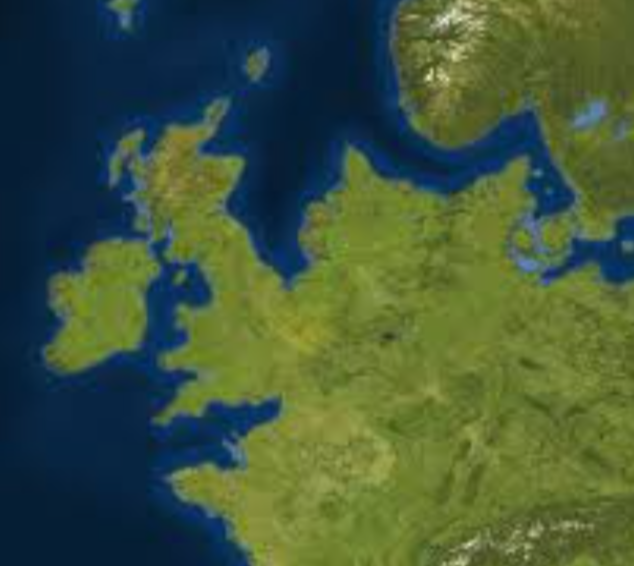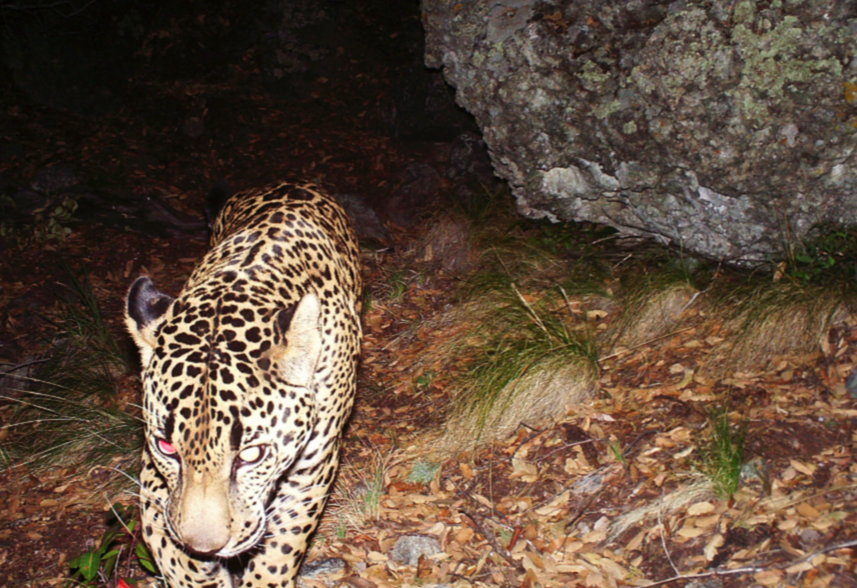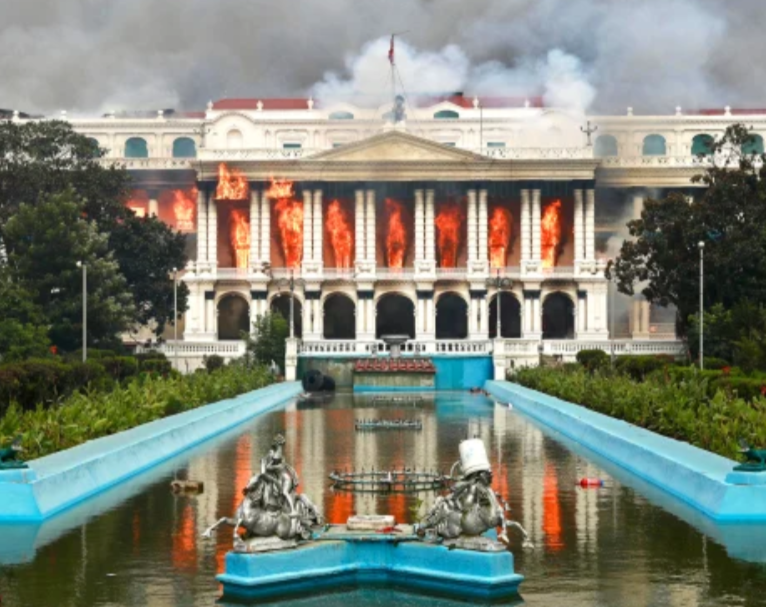Skip to Content
The Rise of International Online Summer Camps
July 16, 2025
In 2025, as hybrid education continued to change how young people learn, an innovative online summer camp emerged as a shining example of global collaboration and cross cultural friendship.
The camp was created by teachers in Helsinki, Nairobi, and Seoul, combining Finland’s progressive teaching methods, Kenya’s entrepreneurial spirit, and South Korea’s tech savvy. The three-week camp attracted over 1,000 students from 22 countries, with activities spanning climate change science, coding challenges, storytelling workshops, and virtual field trips. The camp’s flagship project was the “Global Plastic Challenge”, encouraging teams to design local solutions to water pollution. At the heart of the story are three teenagers: Ayaan, 13, from Nairobi, a budding coder whose family runs a plastic recycling startup; Lina, 14, a Finnish artist struggling with social anxiety; and Min-jae, 15, a south Korean high schooler happy with marine and robotics. The trio overcame cultural barriers, technical glitches, and language differences to create an app that gamified recycling. The camp culminated in an in-person meet-up in Seoul, sponsored by a tech philanthropist impressed by their app’s potential. The students explored Seoul’s innovation hubs and experienced traditions in Korea. This initiative reflects the growing trend of international educational collaborations and the effectiveness of virtual platforms. While specific details of this program are not widely publicized, similar situations have been noted in educational forums. Indie film Festival Goes Wild in a Icelandic Village. In the summer of 2025, the tiny village of Hvammstangi in northern Iceland transformed from a quiet fishing hub into a cultural hotspot. This change was started by the inaugural Arctic Frame Festival, a grassroots film festival conceived by UK filmmaker Lara Hensley after she found the village, looking for a documentary about global warming. The festival embraced an ethos of community, climate change and risk taking. The abandoned fish processing warehouse was installed with solar projectors, comfortable furniture and local artwork, turning it into a cozy cinema. What began as a modest event quickly gained momentum, attracting 100+ filmmakers, actors and cinephiles from across the globe. Workshops addressed topics that were fresh, cultural and artistic. Events included a midnight outdoor screening under the aurora borealis, a surprising guest indeed. Also a secret screening of an unreleased psychological thriller directed by a rising Hollywood star. There are multiple articles about this project like “arcticfilmfestival.net”, “northiceland.is” and etc. The festival’s grassroots vibe and environmental focus won praise from critics and alike but despite its success, organizers kept the festival under the radar, opting out of social media promotions to maintain its intimate and authentic feel. The Arctic Frame Festival promises to return in 2026, continuing in a beautiful natural setting. Tracking Roots: Ancestral Tourism Takes off in 2025 2025 marked the rise of a trend, a travel trend in particular, it’s called ancestral tourism in Asia. Following breakthroughs in affordable DNA testing and genealogy apps, hundreds and thousands of travelers, especially from diaspora communities in the U.S., Canada, and Europe, embarked on journeys to uncover their natural roots in Asia. One poignant story centers on Alec Yilmaz, a 28-year-old Turkish-American software engineer who traced his maternal grandmother’s lineage to a remote Kazakh village near the Tian Shan mountains. Followed by his cousin and guides, he traveled with a jeep over dusty mountain roads, arriving at a centuries-old yurt village. The visit was a cultural and emotional revelation: Alec met distant relatives and did many things like participate in age-old rituals like the “Kumis” horse milk ceremony. Elders shared stories of migration with Alec. This journey helped Alec reconcile his American identity with his heritage, igniting a passion for preserving Asian traditions and languages. His story echoed that of many others who found travel as a gateway to their lineage. Experts note that this trend reflects broader global conversation about identity, belonging, and the power of traveling. This trending story made Asia a new epicenter of meaningful tourism in 2025. Some online news entertainment platforms like “bbc.com”, “forbes.com”, and “thetraveltinker.com” have already such rich information of this DNA tourism trend.









